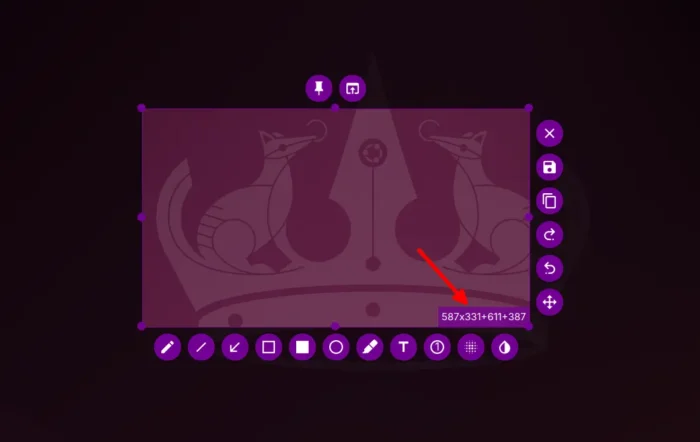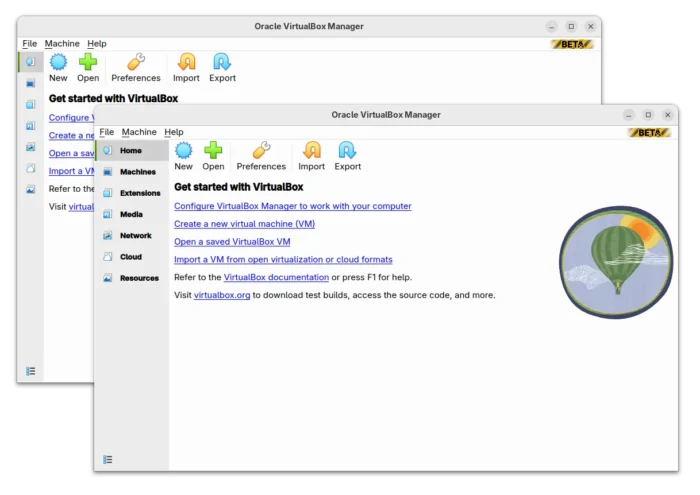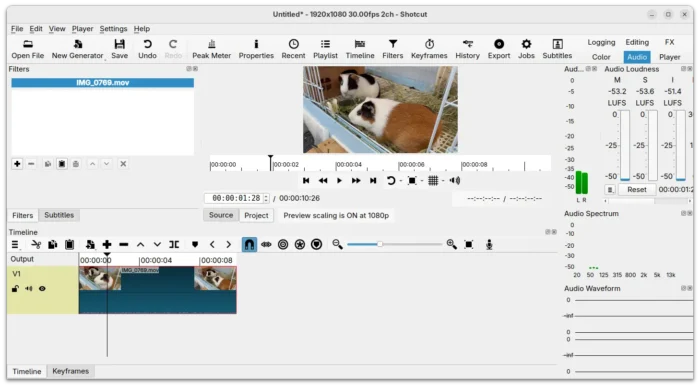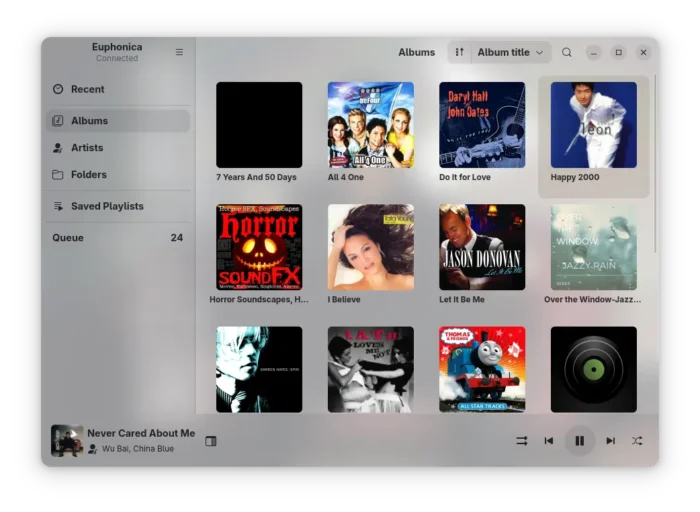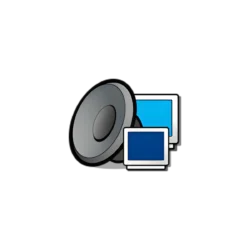Flameshot, the popular free open-source screenshot tool, released new 13.0.0 version today with Qt6 port and many new features.
Flameshot is a powerful yet simple to use screenshot tool that features on-screen editing support. The app has been moving slowly since the last 12.1.0. And, it finally released new version after more than 3 years of development.




